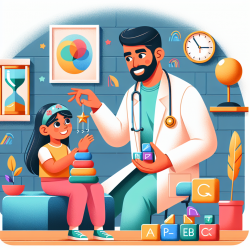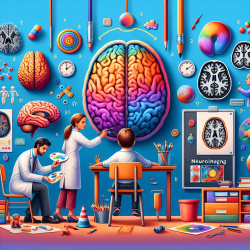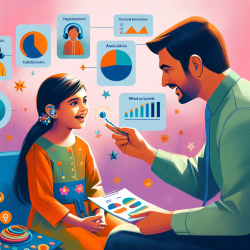Exploring Physician Addiction Through Bulgakov's "Morphine"
In the realm of medical education, the importance of addressing sensitive topics such as physician addiction cannot be overstated. The research article, "Dr Junkie. The Doctor Addict in Bulgakov’s Morphine: What are the Lessons for Contemporary Medical Practice?" by Victoria Tischler, delves into the historical, cultural, and professional factors that contribute to addiction within the medical profession. It highlights the role of physician-penned literature in raising awareness and promoting education on substance misuse.
The Power of Literature in Medical Education
Mikhail Bulgakov’s short story "Morphine" serves as a poignant narrative illustrating the decline of Dr. Polyakov due to addiction. This semi-autobiographical tale provides an insider perspective on the challenges faced by physicians who struggle with substance misuse. The story emphasizes the professional issues of self-medication, abuse of authority, and the inherent risks to patient care.
Physician-penned literature like "Morphine" is invaluable in medical education. It offers a unique route into discussing sensitive topics, providing an authoritative perspective that resonates with both students and practicing physicians. Such narratives encourage empathy, self-reflection, and a deeper understanding of the human condition within the medical profession.
Lessons for Contemporary Medical Practice
The article argues for the integration of humanities resources, such as literature, into medical curricula to address substance misuse. By doing so, medical students and professionals can better appreciate the complexities of addiction and the impact it has on clinical practice. The story of Dr. Polyakov is a cautionary tale that highlights the need for vigilance, support, and early intervention for physicians at risk of addiction.
Key lessons from the research include:
- The importance of recognizing the signs of addiction early in medical training.
- Encouraging open discussions about mental health and substance misuse without fear of stigma.
- Implementing support systems within medical schools and healthcare institutions to provide assistance to those in need.
- Promoting the use of literature and other humanities resources to foster empathy and holistic understanding in medical education.
Encouraging Further Research and Education
The research calls for improved education on substance misuse, particularly focusing on the "physician as patient" concept. By removing the stigma and secrecy surrounding addiction, medical professionals can be encouraged to seek help, ultimately improving patient care and professional conduct.
For practitioners looking to enhance their skills and understanding of addiction within the medical profession, further research and exploration of physician-penned literature is highly recommended. Engaging with narratives like Bulgakov’s "Morphine" can provide valuable insights and foster a culture of empathy and support within the medical community.
To read the original research paper, please follow this link: Dr Junkie. The Doctor Addict in Bulgakov’s Morphine: What are the Lessons for Contemporary Medical Practice?










